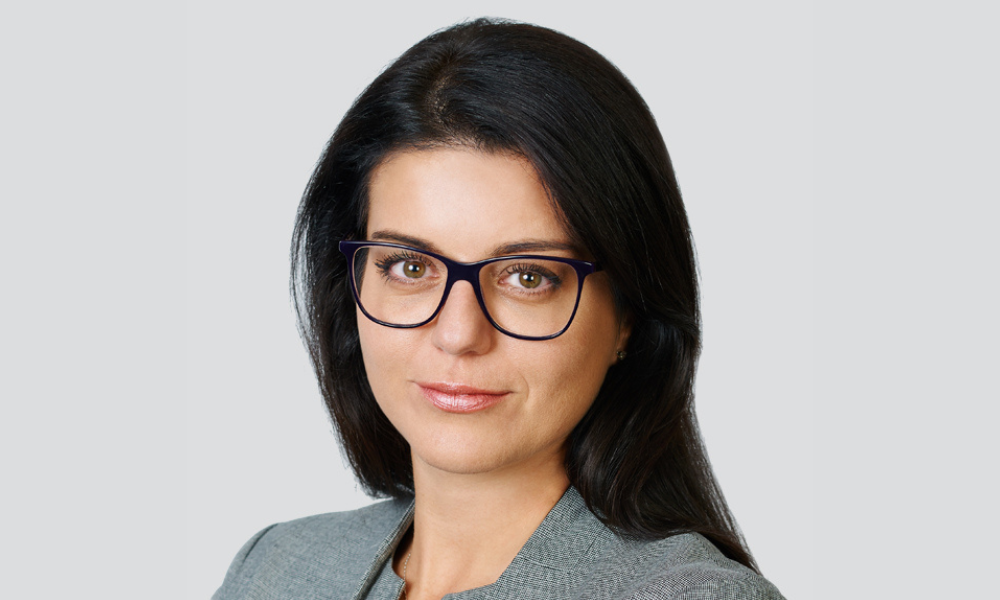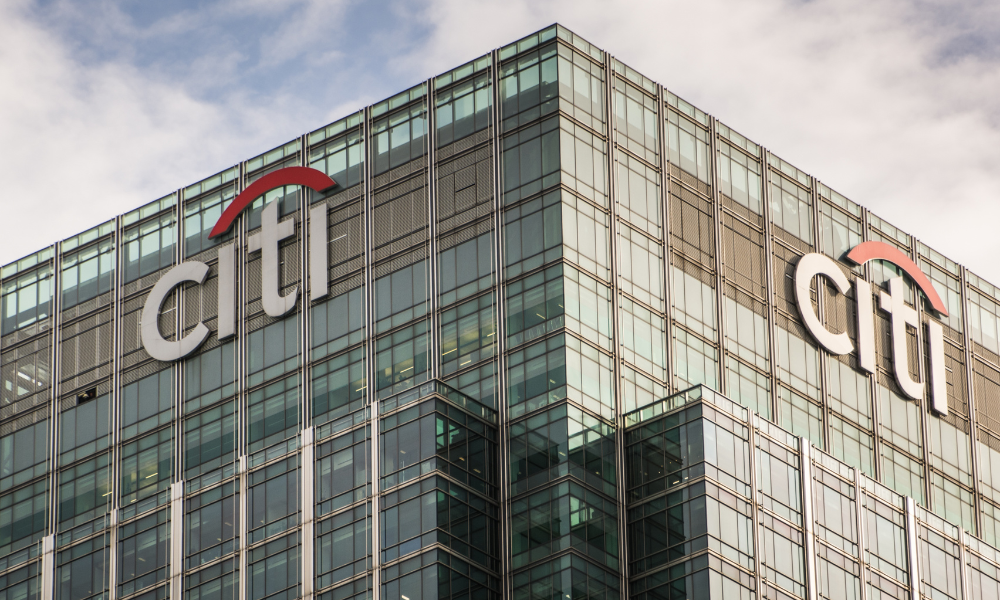As tech outlook dims, health care and life sciences foreseen as the best sector for investments in Q4

A recent survey from the advisory and accounting firm EisnerAmper revealed that problems with inflation and the recession will continue to affect the alternative investment sector.
According to the yearly survey, which was conducted at the 7th Annual EisnerAmper Alternative Investment Summit, almost three-quarters (74%) of alternative investment professionals think the US is either already in a recession or will be by the end of the year.
The top business challenges that alternative investors will encounter over the coming year include inflation, geopolitical worries, and increasing regulatory scrutiny and compliance requirements.
The survey respondents still see opportunity in the fourth quarter despite a mediocre macroeconomic outlook.
Read more: The benefits of alternatives in these volatile times
Forty-one per cent of respondents who were asked to name the top two sectors with the best investment potential for the rest of the year chose health care and life sciences.
The sector was named as one of the top two investment opportunities by 32% of respondents, down from 50% who said so last year. Despite this continued optimism, it has rapidly waned since last year.
This is the first time in EisnerAmper's survey's four-year history that tech has not taken the top spot.
Additionally receiving votes were infrastructure (20%), the environment/sustainability (15%), and digital/crypto assets (11%)
The survey also highlighted the opportunities and difficulties alternative professionals are still facing when using ESG.
Lack of standardized reporting and data sets was cited by 45% of respondents as the biggest obstacle to implementing ESG for the second year in a row.
Read more: Using tech to take on the ESG data challenge
“A firm’s people strategy is equally as important as their investment strategy. Professional services firms and financial services firms have undoubtedly faced the pressures of the Great Resignation over the last two and a half years,” said Peter Cogan, Managing Partner of EisnerAmper’s Financial Services Group. “It is reassuring to see that PE and VC firms are putting an emphasis on attaining strong talent and planning for succession, which has a strong correlation to capital creation.”
Investors find the most investment comfort in the United States as volatility peaks throughout the world.
The nation was selected by 72% of respondents as having one of the two biggest markets for investment opportunities over the next three years, followed by emerging Asia (28%) and developed Europe (23%).
Growth equity and sector-specific investing were ranked as the top two strategies when asked where they anticipate LPs will increase their investment allocation over the coming year.
Intriguingly, 33% of respondents named sector specific as one of their top two strategies, up from only 18% from the previous year.
EisnerAmper's survey consistently demonstrates that hedge funds are slower to adopt artificial intelligence (AI) and machine learning (ML) to make investments or trades, even though technology is constantly evolving and progressing throughout the financial services sector.
When asked if they use these tools in their investment process, only 12% of hedge fund investors responded.
Even though that percentage is still quite low, it has increased from the survey conducted the year prior, when only 5% of investors reported using AI or ML.



